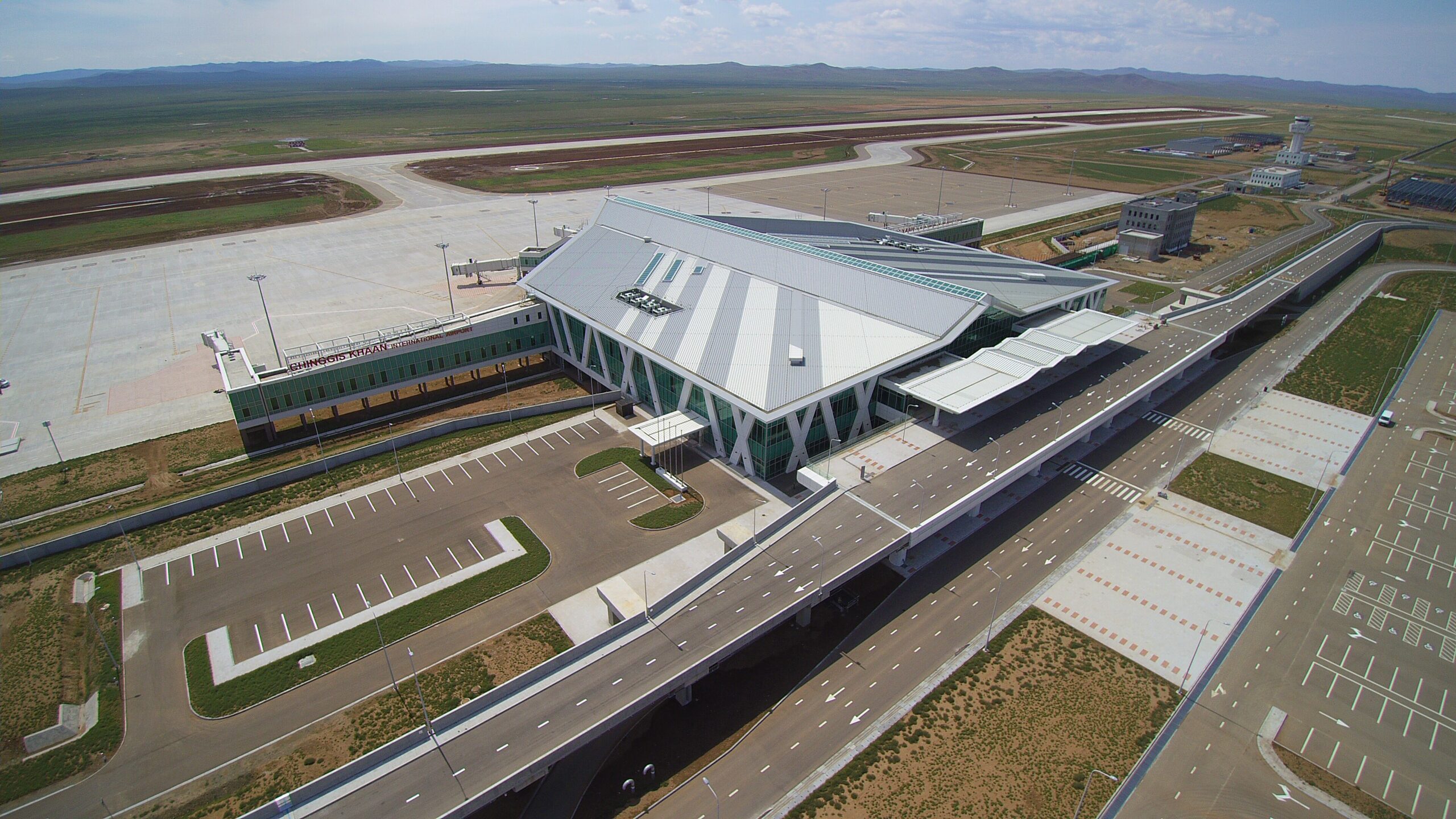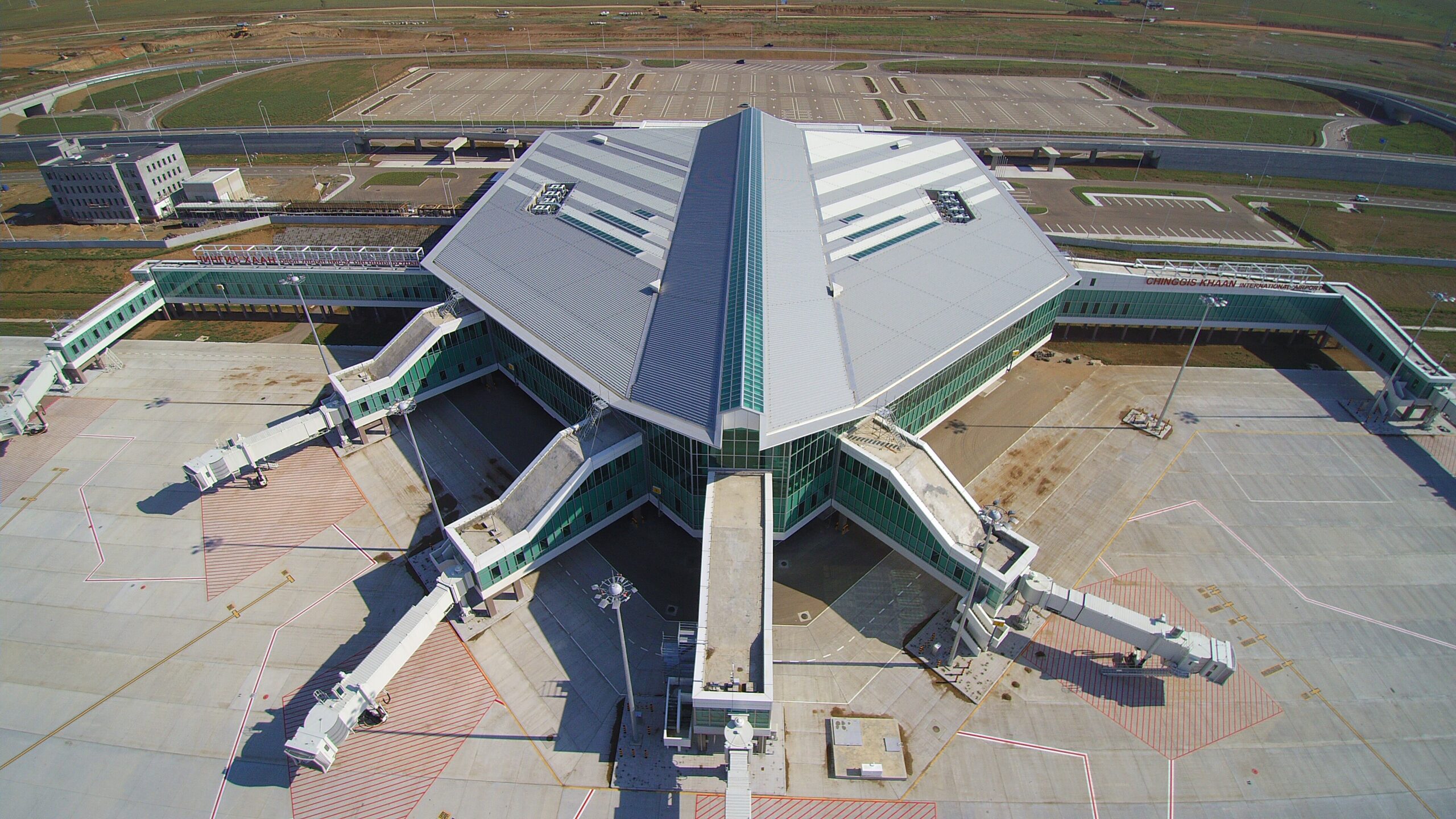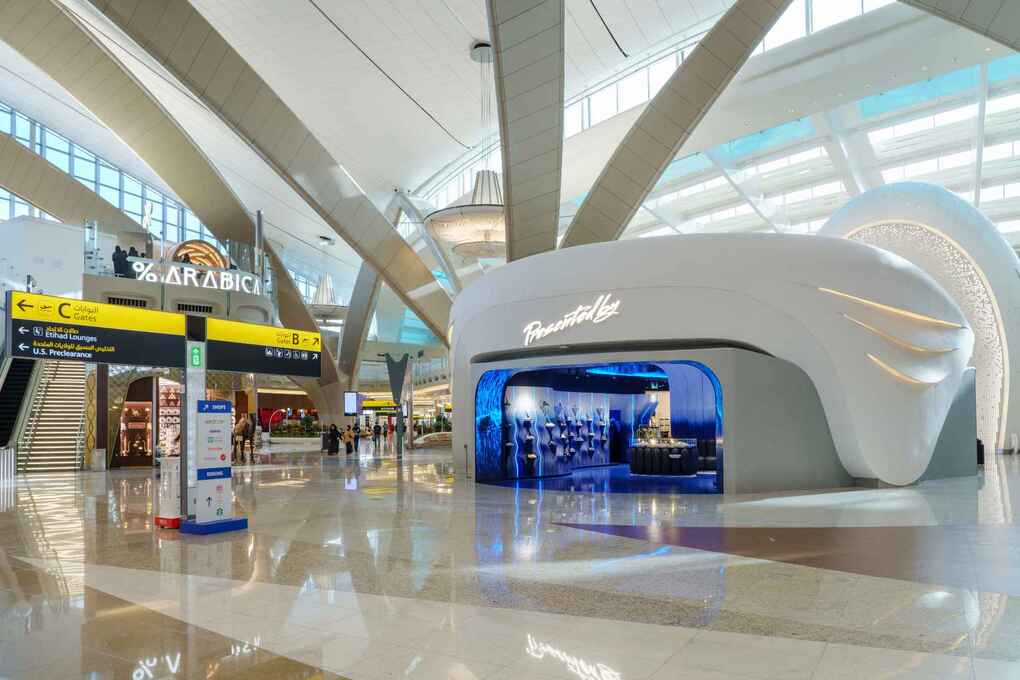MONGOLIA. A group of Japanese companies will begin operations at New Ulaanbaatar International Airport from 4 July under a 15-year concession contract.
Narita International Airport Corporation, Mitsubishi Corporation, Japan Airport Terminal Co. and JALUX are part of a joint venture established with the Mongolian government to run the new airport.


The consortium, New Ulaanbaatar International Airport LLC (NUBIA) was due to open the new airport in 2020, but this was delayed because of the COVID-19 pandemic. All assets have been transferred from the old airport (Buyant-Ukhaa International Airport), with the new facility now ready for flights and passenger traffic.
JATCo, which runs duty free and F&B outlets at Japanese airports – and is a leading stakeholder in Tokyo Haneda Airport – will oversee management of the retail operations, with a senior executive seconded to New Ulaanbaatar International Airport.
A statement issued by Narita International Airport Corporation said: “Although the pandemic has significantly reduced air travel in Mongolia, demand for flights is expected to increase over the medium to long term, particularly in Ulaanbaatar, the country’s capital and centre of its political and economic activity.
“The new airport will likely play an increasingly prominent role over the coming years. In operating the new airport, NUBIA will be taking advantage of the combined expertise of its four shareholders. Mitsubishi Corp boasts a strong track record in airports and other infrastructure projects in Japan and around the world, while NAA and JAT operate Narita International Airport and the passenger terminal buildings at Haneda Airport respectively. JALUX is engaged in airport retail businesses and also has experience managing overseas airports.”
NUBIA plans to “leverage the new airport to increase the number of routes and flights servicing Ulaanbaatar, develop attractive in-terminal commercial facilities, and otherwise enhance the new airport’s services and profitability”.
The previous airport served 1.61 million passengers (1.2 million international and 410,000 domestic) in 2019.









